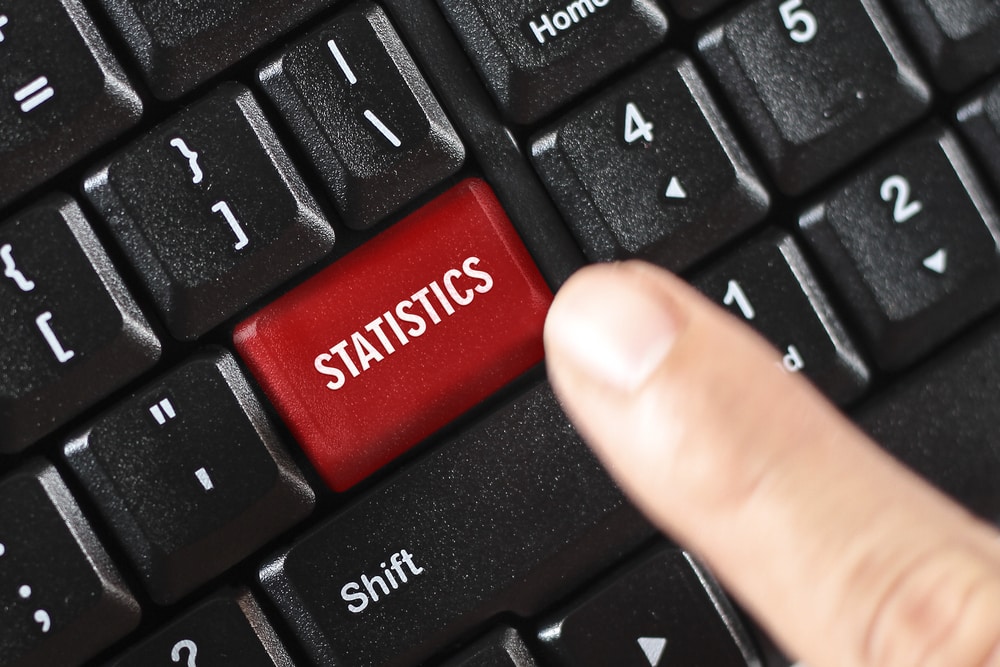The impact of the ongoing COVID-19 crisis can be seen in the climbing infection rates and death tolls. In addition to this, the impact can also be felt on the economy, due to curtailed economic activity and reduced mobility.
As a result of this, industries that have been dependent on any physical activity and proximity have obviously been impacted. But there’s also been a spillover effect. With the rapid growth of globalisation, economies have become more interconnected, contributing to a ripple effect which is affecting industries everywhere.
Here, we take a look at 4 industries that have been impacted the most, and 4 more which have been resilient enough and are surviving this pandemic.
Most Impacted
1.Airlines
The Aviation industry has been one of the worst-hit in this crisis on account of all flights, both international and domestic, being cancelled. A few months ago, when the crisis was unfolding, they had the added pressure of having to fly empty flights, just to keep the routes that have been allotted to them.
The aviation industry is already a highly competitive space with very low-profit margins, and have a high amount of fixed costs. They still have to pay hangar costs, salaries, maintenance costs and much more which means that there’s a high outflow of cash with virtually zero income. According to estimates from the International Air Transport Association (IATA), airlines may lose $113 billion in sales globally if things continue at this trot.
2. Travel and Tourism
It’s not just airlines that are reeling under the impact. By extension, the tourism industry has also suffered a massive blow. Many geographies across the world are completely dependent on tourism revenues to sustain their local economies, and the disappearance of tourists has bankrupted many sub-sections of the tourism industry – travel agencies, hotels, tourist shops bazaars, and restaurants have suddenly found themselves with zero income.
3. Automobiles
The Automotive industry has also seen a major slump in sales, and the reasons are two-pronged. For one, people are not able to move around, which means that consumer sentiment is not in favour of buying more cars. Also, cars are big-ticket purchases – with the economy in the doldrums, they are either putting off their purchases or abandoning them altogether. All of this is contributing to missed quarterly revenue targets, with forecasts not looking very promising either. The industry had already been declining slowly due to rise of taxi apps and car rental services, and this blow might take a while to recover from.
4. Retail
With only the sale of essential goods and services being permitted, both physical retail and e-commerce have seen a major plunge in sales volumes across most of their categories. Malls and storefronts still have fixed costs to pay in spite of zero customer footfall, and e-commerce companies are also sitting on large troves of inventory that cannot be sold. However, this would only last as long as the lockdown is enforced, and once it’s lifted, things will begin to pick up pace again. It won’t be all good news though, as the purchasing power and discretionary income of the populace would have reduced as a result of a flagging economy.
Industries that have not been affected
1.Healthcare and Pharma
Governments and companies alike are pumping in resources and money into improving healthcare infrastructure. With an increased focus on pharmaceuticals, PPE kits, testing kits, and hospitals, this has been one of the obvious sectors to not suffer any major setbacks. Looking at the road ahead, there will be an increased focus on preparedness and improving our disease response capabilities, which would see further investments being made into this sector. There is a caveat though, as patients with non-critical illnesses are postponing their hospital visits after the lockdown is lifted, so there has been a marked decrease in the patient inflow.
2. Insurance
The insurance industry has also not been affected majorly because of this crisis. One of the main reasons could be that insurance is not a cyclical industry like other financial services, and has remained fairly immune to up and down cycles in the economy. Another counter-intuitive reason is that insurance is only taken out by a small section of the population, which has minimised the impact on the sector. The government has directed providers to include COVID-19 in their cover and to quickly process any claims. They might see an increase in payouts, but the industry is doing okay.
3. Telecom
As a direct effect of the lockdown, there has been a considerable surge in the usage of telecom infrastructure. People are now increasingly relying on mobile data and internet to communicate with each other. The sudden increase in the number of professionals working from home has also led to increased usage, to the extent of putting a strain on the infrastructure giving rise to bandwidth issues. Reading the signs for now, more companies would look at continuing with a remote-work policy to cut costs even after the lockdown is lifted. For example, TCS is considering to make 75% of its vast workforce to work from home by 2025, which means other companies will also follow suit soon – all leading to a bright future for telecom.
4. Video Streaming
Video streaming services are the obvious benefactors of people staying at home all the time. There’s been a marked increase in streaming service usage, as people spend more time at home, and use this as an easy entertainment option. Some services are trying to further ramp up the competition by offering discounts on subscriptions to lure customers away from established services. The shooting of new content has slowed down because of the lockdown, but it looks like users are more than happy with existing catalogues, and are even revisiting childhood favourites.
You can also read: Global Artificial Intelligence Initiatives to Fight Coronavirus
It would be interesting to see how this crisis further impacts different industries. With major industry pundits being unsure of how things are going to turn out, everyone’s reduced to playing a guessing game. What is for certain, however, is that learning the right skills will pay off rich dividends once the economy recovers, as there will be an increased demand for skills professionals.
If you are at home and have time to spare, now is the time to explore online learning resources. Explore career and upskill with Great Learning’s Programs.









